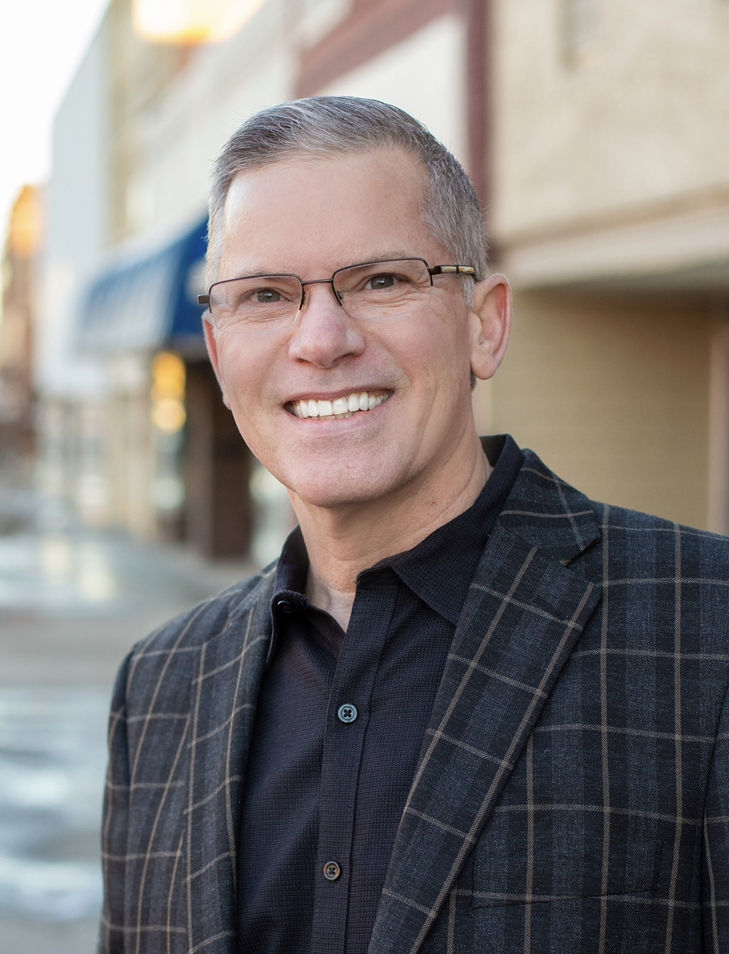
If you asked a pastor what they wanted their church to know, here’s what they would say to their congregations if given the opportunity.
By Mark Dance
With 27 years in ministry and now serving pastors, I’ve been on both sides of the pulpit, and I’d like to share a few things I’ve learned along the way.
It may be presumptuous of me to speak on behalf of your pastor, but I think most pastors will resonate with these thoughts.
Here are a few things I believe pastors would say to their congregations if given the opportunity.
1. Pastors need respect more than love.
Some churches have created a culture of honor (1 Timothy 5), while others seem to have a predatory disposition toward pastors (1 & 2 Corinthians). Respect is a currency that is invisible, but not intangible.
For example, pastors are not sure what to do with people who communicate love to our faces, only to disrespect us behind our backs. Pastors love to be loved, but need to be respected.
2. Pastors work hard.
Early in my ministry, I dropped hints to members about all of the ministry I was doing. I was vainly trying to justify my ministry to my members and myself.
It took a few years to settle into the reality that most church members cannot fully understand my job any more than I can theirs.
In a recent study by Lifeway Research, 84 percent of pastors said they’re on call 24 hours a day. And 48 percent often feel the demands of ministry are more than they can handle.
Some members assess performance in terms of office-hours, but do they really want the kind of pastor who camps out in the office all week? Neither do they want one who is unreachable.
At the end of the day, pastors need to be given the benefit of the doubt about their whereabouts and work ethic.
Churches can help their pastors by setting reasonable expectations, providing paid time off, and encouraging a healthy work-life balance.
3. Pastors are trying to lead well at home and church.
Pastors sometimes aspire to be all things to all people. The problem is it doesn’t work. Ever.
More than a third (35 percent) of pastors say the demands of ministry prevent them from spending time with their family.
We all have to prioritize our time and tasks, but pastors need to prioritize their family over their ministry. If they’re not putting their spouse and children first, they’re not qualified to even be in the ministry.
Members can help by encouraging their pastor to spend time with family. A pastor with healthy family relationships is better equipped to lead a healthy congregation.
4. Criticism hurts the pastor’s family.
Pastors are public figures, and thus the biggest targets for criticism in the church and community. What members may not know is how much this criticism affects the pastor’s family.
Social media has given a voice to every person in society, and every word can be a weapon, which causes collateral damage in the pastor’s home.
When you hear someone criticize your pastor, stand up for your pastor. Try to squash any negativity simmering in your small group or Sunday school class before it boils over.
Be a voice of encouragement to your pastor’s family when negativity strikes.
5. Pastors need positive feedback.
Pastors don’t always receive feedback when they’re doing a good job, but plenty of people are willing to tell them when we’re not.
Perhaps the applause of heaven should be enough for us in theory, but not in theology. God created us all to need each other, regardless of our role in the church.
6. Pastors care about your attendance.
My married daughter worked very hard last year to prepare a Thanksgiving feast in her home. What if our family decided to skip out and eat at IHOP instead? She’d have been hurt and discouraged.
Pastors spend about 10 hours on a sermon members can tangibly affirm with their presence, countenance, and seating proximity.
Pastors feed off of real-time feedback, so bless (and shock) them by showing up consistently and sitting close enough where they can see you smile or nod.
7. Your pastor loves you.
Lifeway Research released an encouraging study, which concluded most pastors love their ministries and are not likely to quit any time soon.
Trust me on this, pastors do not pastor because their job is easy or lucrative.
Their primary motivation for serving is a genuine love for Jesus and the individuals who make up the church—the beautiful, dysfunctional, irreplaceable bride of Christ.

Mark Dance
After serving as a pastor for 27 years, Mark Dance is now the director of pastoral wellness for GuideStone Financial Resources and is the author of Start to Finish.









